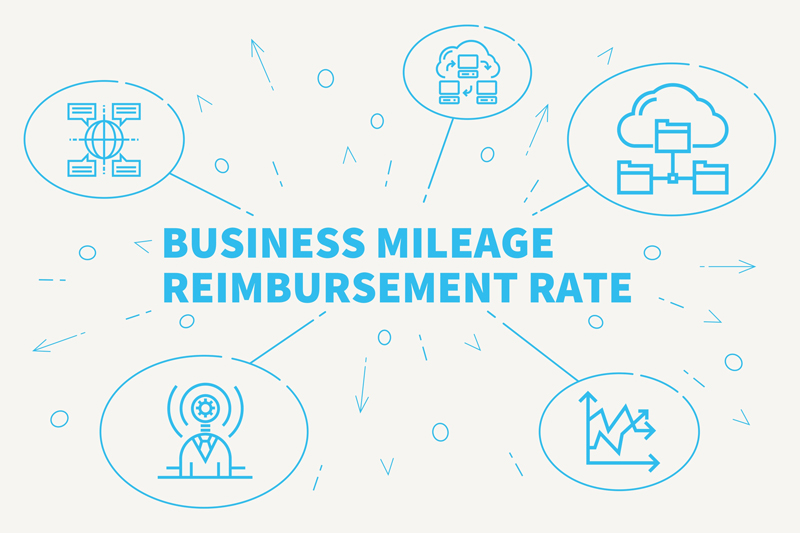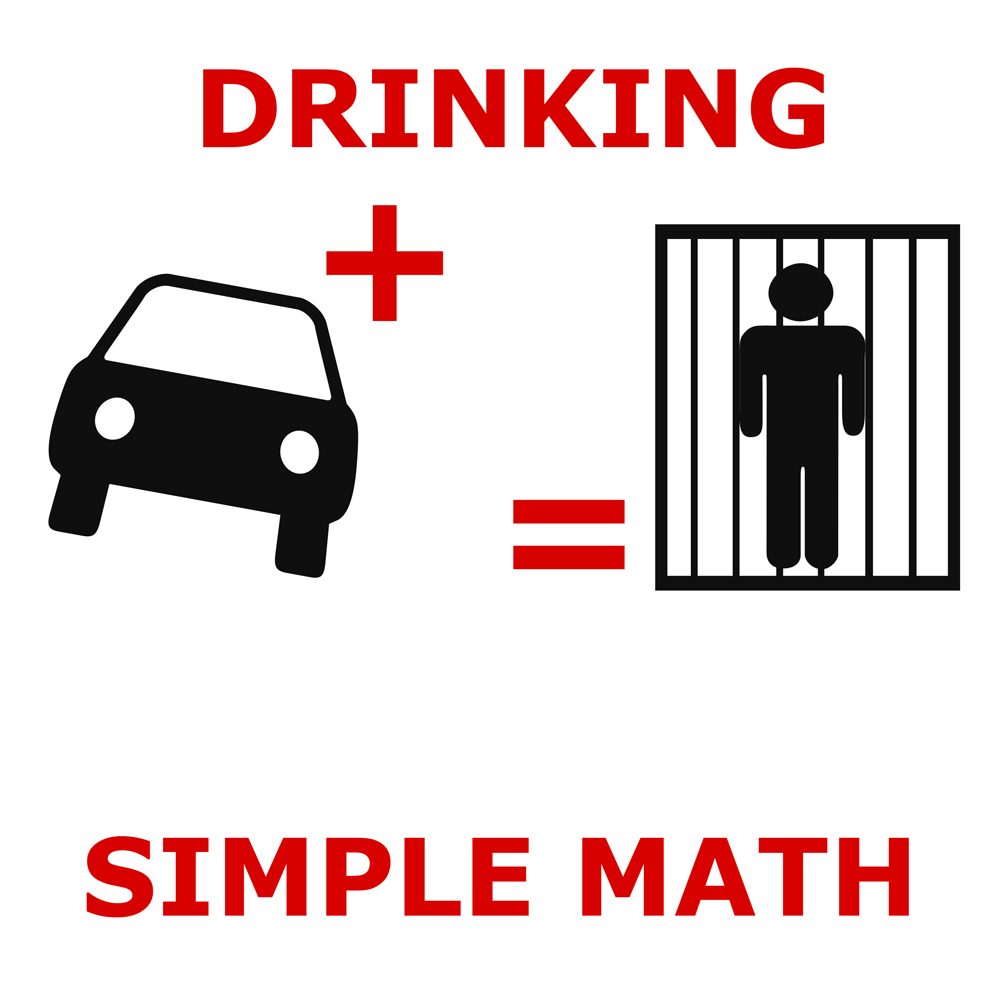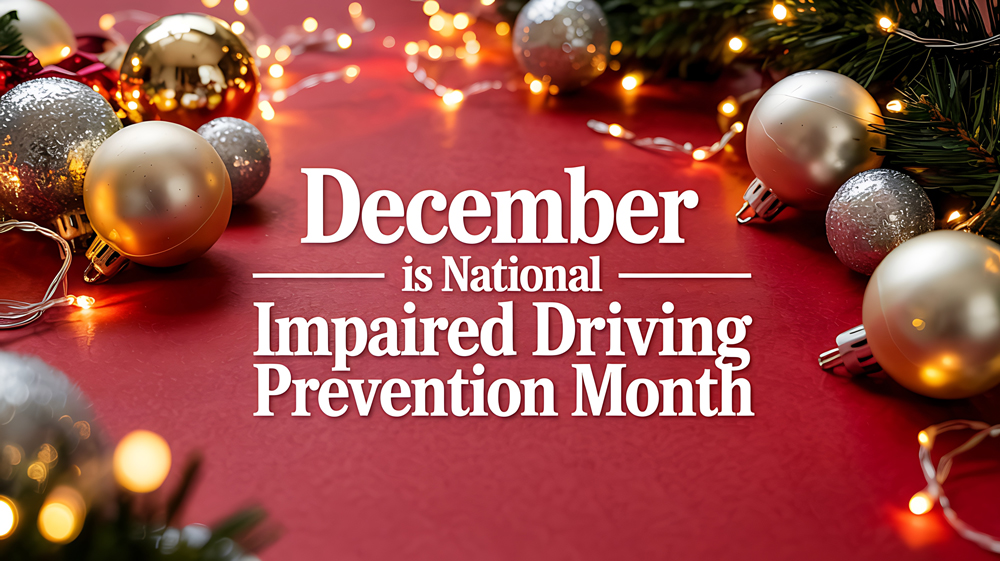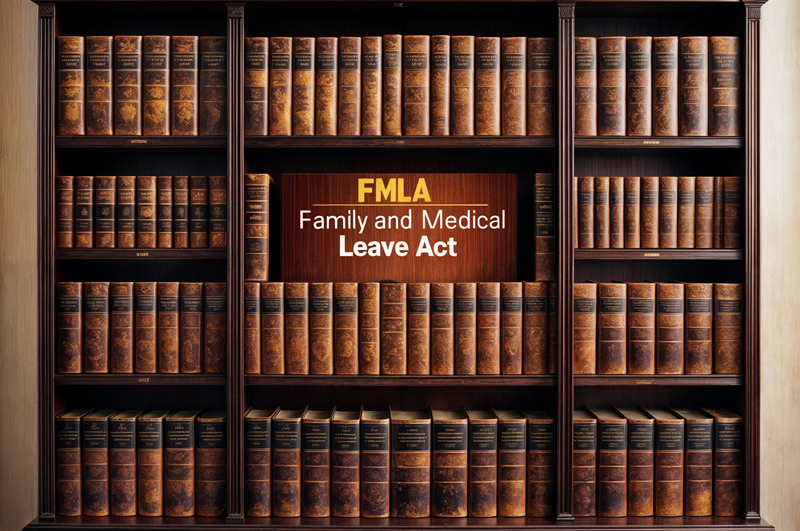On July 8, we provided updates on several cases challenging the new FTC non-compete rule, which would have banned most non-compete agreements beginning September 4, 2024. We stated that it was likely that the Rule would be blocked from taking effect due to the Court’s grant of a limited preliminary injunction against the non-compete Rule, which applied only to the litigants in the Northern District of Texas.
On August 20, 2024, in Ryan, LLC v. FTC, the Court granted summary judgment in favor of the Plaintiff organizations and individuals that challenged the FTC rule, holding that “The Court sets aside the Non-Compete Rule. Consequently, the Rule shall not be enforced or otherwise take effect on its effective date of September 4, 2024 or thereafter.”
The Court held that the FTC exceeded its authority under the Administrative Procedures Act to promulgate the Rule and also that the Rule is “arbitrary and capricious” because it is based on “inconsistent and flawed empirical evidence, fails to consider the positive benefits of non-compete agreements, and disregards the substantial body of evidence supporting these agreements.”
In conclusion, the FTC non-compete rule will not take effect on September 4, 2024, though it is likely that this litigation will proceed to the U.S. Supreme Court. Employers with existing non-compete agreements will not be required to revoke or notify any employees as was provided by the Rule. However, non-compete agreements must still comply with state law.
Ohio previously adopted the “rule of reasonableness” regarding enforcing non-compete agreements. In Ohio, a non-compete that imposes “unreasonable” restrictions will be enforced to the extent necessary to protect the employer’s legitimate interests. This empowers Ohio courts to modify a non-compete agreement so that it is no greater than is required to protect the employer, does not impose an undue hardship on the employee, and is not injurious to the public. However, employers should not rely on a court’s ability to re-write a non-compete, and courts have discretion as to whether they do or not. A well-crafted, reasonably tailored non-compete agreement can prevent future litigation.
Pickrel, Schaeffer & Ebeling’s attorneys are here to help. Don’t hesitate to contact Kristina Curry at 937.223.1130 or kcurry@pselaw.com for assistance with existing non-compete agreements and other employment documents.













